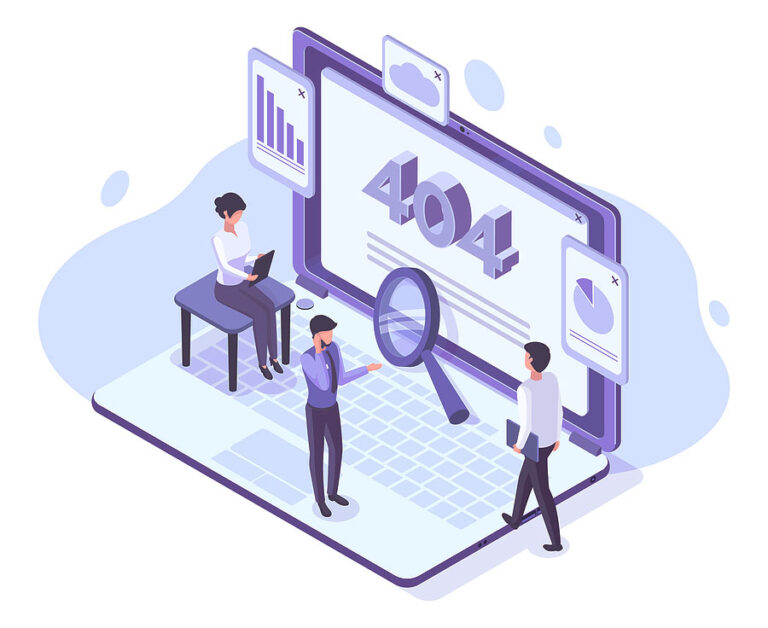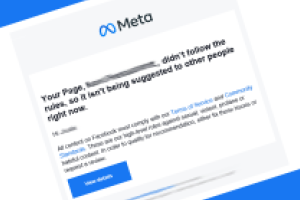When Facebook, along with siblings of Instagram, WhatsApp and others, went down earlier this week, it didn’t just bring down social media and messaging platforms: it also halted businesses. The 6+ hour outage meant for some, their company effectively ceased to be, unable to communicate or sell to customers without the use of one or more of these platforms. If you’re in a similar situation, it’s time to take measures and contingencies so you’re never left in this situation again if Facebook – or any single social media platform – goes down.
The Risk of a “One Basket” Business Presence
In the digital age, we’re all reliant on third parties online, from website hosting to our online presence on social media, online reviews, and even search engines. The trick is to never rely so heavily on one that your business comes to a halt when it’s gone. You need to diversify your digital business strategy, so if a monopoly like Facebook goes down, you’ve got alternatives. Learn more about your options and how they can help not only in an emergency but also day-to-day to find customers in new markets.
Email Marketing to Engage with Your Customers
On Monday, my boss got an email from a brand that normally sends out memes via Instagram, claiming victory because they could keep sending their daily content via email. Email marketing is a great form of customer retention, regardless of if social media is up or not. It’s a great way of sending out updates, monthly content compilations, or news on upcoming events, especially if some of your customers aren’t active on social media. Learn the basics with our blog on setting up a newsletter.
There’s a Reason to Have a Website
Businesses have their own websites not because of tradition or because they have money to burn: they do it because the hub of your brand online needs to be within your sphere of control. Facebook, or any other third-party site, can not only suffer from outages but could also take down your page, revoke your access, or get hacked. You need a home base you can drive all of your marketing to that you control. Things to think on:
- Selling on Your Site with eCommerce: It’s tempting to focus on a third-party storefront page, but by selling from your website, you can have more control and money.
- Keeping Your Site Updated: Once a site is built, it needs updates and monitoring. Perform or purchase website maintenance and updates to avoid your site going down or getting hacked.
- Having an Old Website: Do you have a website you don’t use anymore? Chances are it’s wasting away and needs a refresh. Here are the signs.
Building Backups on Social Media and Beyond
Another good option is to have alternative accounts on other platforms, so you can get news to your customers and vice versa if your primary social media account is down or another platform makes more sense for communication. Here are our top three places online you should have a presence:
- Google Business Listing: If people are trying to connect with you online, Google Search is most likely their first stop. Make sure to claim and set up your business listing on Google My Business.
- Review Sites: Google, Yelp, and the BBB are places your customers might come when they have a problem, so it’s important to claim and monitor these pages alongside social media.
- Alternative Social Media Platforms: Facebook, Instagram, Twitter, and LinkedIn – pick at least one alternate account, set it up, and notify your followers to connect with you there as well.
Are you just getting started on social media? Check out our Social Media Bootcamp on how to get started!
When Facebook went down, it showed us we need more resilient business marketing plans, especially when it comes to contingencies. Need a hand? Contact Vision. We’re a marketing agency not only versed in building up online presences but in business strategy and coaching to make sure you’ve got all the tools and support needed in a worst-case scenario.




